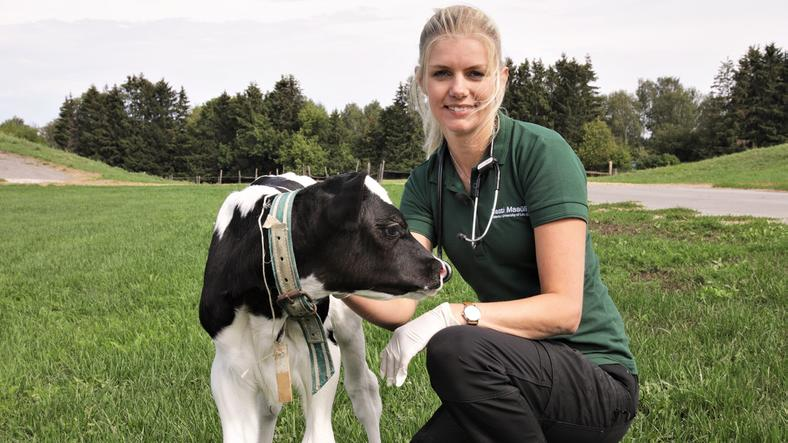
Women in Science: Kerli Mõtus
February 11th is celebrated as “Women in Science Day,” dedicated to recognizing female scientists and highlighting their contributions to the scientific world. Kerli Mõtus – Associate Professor of Clinical Veterinary Medicine.
1. How did you find your way into the world of science?
I entered the world of science by chance. As a young veterinarian working at the Estonian University of Life Sciences, I was involved in a project led by Professor Arvo Viltrop, which included farm visits and sample collection. Unfortunately, the doctoral candidate originally involved in the project had to suspend their studies, and I was offered the opportunity to join as a PhD student. By that time, I had developed a strong curiosity about the topic and had already contributed significantly to the project, so I decided to accept the offer. I am still sincerely grateful for the opportunity that was given to me.
2. What aspects of science inspire and motivate you the most?
Primarily, personal curiosity and the desire to find answers to pressing questions or to confirm or refute a developed hypothesis. Since I am also a practicing veterinarian in the field of herd health, most scientific questions arise while working on farms. If I cannot find answers to my questions in the scientific literature, I need to investigate myself. Thus, the desire to understand the world and the processes occurring within it is very motivating. It is extremely motivating when my work provides significant input into solving a real problem.
It is also very inspiring when people from different fields come together to provide broad input into solving a specific scientific question. I appreciate how collaboration allows for the integration of diverse knowledge and skills, leading to greater results than working alone.
3. What have been the biggest challenges you’ve faced in your career as a woman in science, and how have you managed them?
The biggest challenge related to being a woman was completing my postdoctoral research. This coincided with a period when my children were young, and it required a lot of time spent abroad. Fortunately, my family has always supported my endeavors, and we managed to cope.
Balancing family and work life has not been overly difficult for me because I believe I can find good opportunities to dedicate myself to both and I am quite skilled at time management. I try to draw a clear line between work and personal life. When I am at work, I commit fully and strive to be productive; when it is family time, work usually does not fit in. There are certainly temporary periods when work requires time at the expense of family, but these are planned in such a way that no one suffers.
4. What steps do you think are important to encourage more women and girls to engage in science?
In general, the work of a scientist involves possessing and continuously applying a wide range of skills. One must be creative, curious, and able to think on different scales—from small details to the big picture. Innovation drives scientists to think in ways that may not have been thought of before. At the same time, it is necessary to be grounded in the scientific world—planning, managing, and explaining scientific questions and answers simply to a diverse audience. Sometimes, finding common ground with those outside the scientific community is required.
The work of a scientist offers the opportunity to continuously apply various competencies, challenge oneself, work in an intellectually stimulating environment, and be part of an inspiring team. There is no routine or comfort in this work. I believe that women have equal potential to work in the scientific world and achieve success compared to men.
5. Can you provide examples of exemplary female scientists who have inspired you?
I am actually inspired by people from very different fields, regardless of their gender or career level. I admire when people do their work with an inner spark, strong personal motivation, and purpose, while remaining open and curious. In this sense, I might find inspiration from a bright-eyed doctoral student, a veterinary colleague, or a farmer, as well as from a cashier or pharmacist I might encounter while stopping by a store in the evening; and certainly from many scientists as well.
6. What is your message to young women who are considering a career in science?
Science is for anyone who recognizes that it suits them. The world of science is exciting and full of challenges. It’s important to believe in yourself and your abilities and to boldly pursue your goals. If the world of science seems intimidating, remember that solving significant scientific questions often requires more than just one person’s expertise. The scientific community is generally very open and collaborative, so help is often just a question away.
Success in science doesn’t always mean a straight path; it may involve trials and setbacks. The key is to learn from them and continue your journey stronger and wiser.